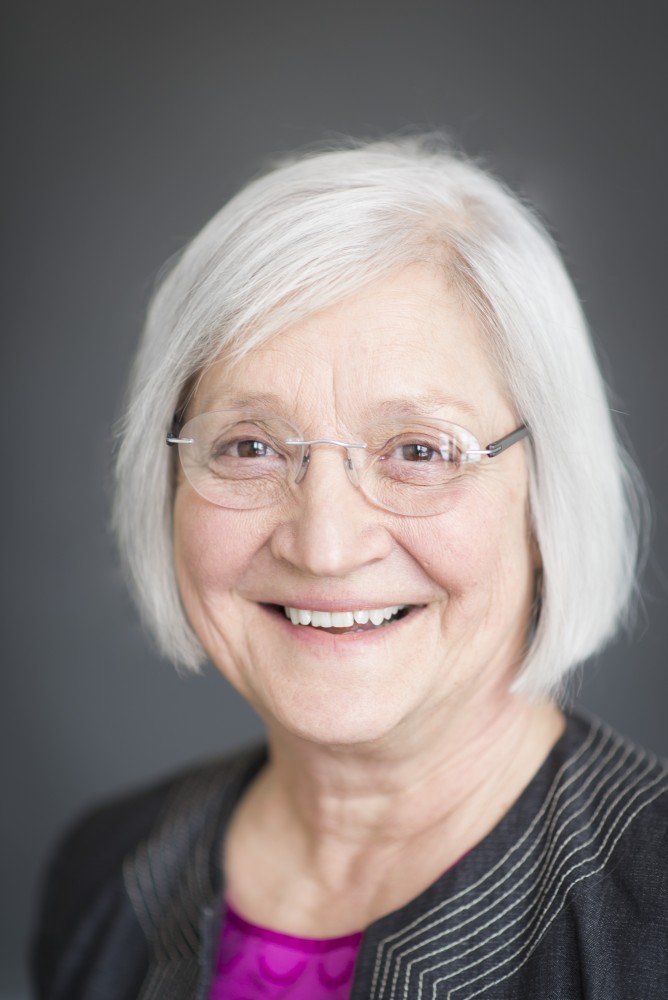Federal grant supports WSU nurse practitioner training, rural primary-care
Tuesday, July 18, 2017

SPOKANE, Wash. - A new federal grant received by the WSU College of Nursing will help train nurse practitioners and address a critical shortage of primary-care providers in Eastern Washington rural areas.
Called WSU-ANEW, the two-year, $1.3 million grant from the Health Resources & Services Administration, hrsa.gov, promotes nurse practitioner education in several ways. Janet Purath, project director and an associate professor at the WSU College of Nursing, noted in her grant application that 19 of 20 Eastern Washington counties are considered primary care shortage areas, and 18 of 20 counties are designated rural.
WSU-ANEW creates a formal partnership between the WSU College of Nursing, nursing.wsu.edu, and the Community Health Association of Washington (CHAS). That partnership includes a joint appointment of a nurse practitioner faculty in residence, who will use the real-world clinical and organizational challenges faced by CHAS providers to help enhance curriculum at the College of Nursing.
The WSU College of Nursing’s doctor of nursing practice program, nursing.wsu.edu/academics/dnp-family-nurse-practitioner, which is practice oriented, qualifies students to take a national exam to become licensed as an advanced practice registered nurse (APRN) with specialization as a family nurse practitioner or as a psychiatric mental health nurse practitioner. The degree is offered on WSU campuses in Spokane, the Tri-Cities and Vancouver. CHAS is a nonprofit that provides medical, dental, pharmacy and behavioral health services to patients regardless of their ability to pay.
The WSU-ANEW project also will provide traineeships to 15 to 30 nurse practitioner students at the WSU College of Nursing. Eligible students will receive tuition reimbursement and stipends, if they agree to be trained primarily in rural health clinics or clinics providing care to underserved populations. In addition, the grant project will create a marketing program to connect nurse practitioner graduates to jobs in primary care in rural and underserved areas.
“We know from educational research that students trained in clinics that provide care to underserved people are more likely to practice in those clinics after graduation,” said Purath, and this project supports that notion.
Many states, including Washington, Oregon and Idaho, allow nurse practitioners to operate independent practices with the ability to diagnose and treat illness, order and interpret diagnostic tests, and initiate and manage treatments, including prescribing medications.